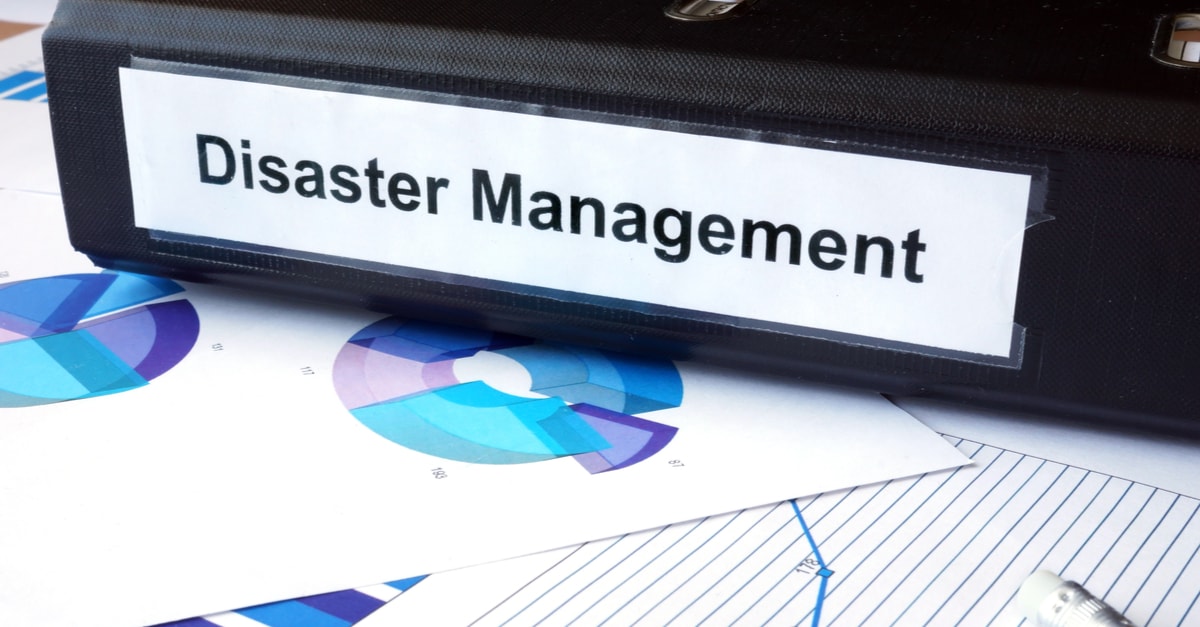The past few months have seen numerous examples of devastating disasters in the United States. The back-to-back Atlantic hurricanes have left many businesses in the the southern United States and Puerto Rico destroyed or damaged, and California is currently in the midst of being struck by wildfires. For a business, being hit with a natural disaster – particularly an unexpected one – can severely impact business operations, and because assisted living and other healthcare facilities have patients residing in the business, the liabilities are twofold.
Some of the most common disasters that strike assisted living facilities and nursing homes include:
- Hurricanes
- Tornadoes
- Fires
- Power outages
- Earthquakes
- Food or water contamination
In addition to the above-listed disasters, these facilities must also take into account the auxiliary effects of these disasters: hurricanes, for example, can cause property damage as well as lasting floods and power outages, while fires can have lingering effects on the air quality. This is why, when creating a disaster plan, these facilities need to take into account the different effects of different types of disasters, as well as considering which disasters are likely to strike in their region.
By law, assisted living facilities are required to have a written disaster management plan, and some states (such as Florida) require that they have access to an alternate source of power. In 2012, the New York Times reported that a Department of Health and Human Services report found that while 92 percent of nursing homes had plans in place for tornadoes, hurricanes, floods, and fires, and that 72 percent had provided their staff members with emergency training, other facilities were lacking.
- 22 of 24 facilities investigated could not provide answers to how the administration of medication and patients’ medical records would be dealt with in a disaster
- 23 of the 24 facilities did not have a plan in place for dealing with the illness or death of a resident in a catastrophe
- None of the facilities investigated had plans that included measures to ensure that the facility would have a supply of clean drinking water for patients and staff members
- 19 facilities did not have a plan for accessing fuel for backup generators
- 10 facilities did not take into account the need for proper staffing in disasters
- 15 facilities did not specify how they would manage equipment such as feeding tubes and oxygen
- None of the facilities had participated in emergency drills
In the five years since this report was issued, these numbers have changed as facilities have grown more aware of the dangers natural disasters pose to their business and residents and adjusted their plans. However, as recent news reports have shown, several assisted living facilities and nursing homes have
- What types of disasters are most likely to occur? For example, is the facility located on a floodplain, or a fault line?
- If a disaster strikes, how will residents be quickly notified, and how will they be kept calm while emergency procedures are initiated?
- How will residents’ loved ones be contacted and kept aware of the situation?
- Who will contact the emergency authorities?
- How many staff members will be needed? Are they trained to deal with emergencies?
- What kind of emergency supplies are at the facility?
- Have the residents been briefed on how to respond to a disaster situation?
- If the facility must be evacuated, where will the residents be taken? How will they be transported, particularly the ones on life-support?
- How will necessary equipment and medication be taken and administered?
- What will happen if the electricity goes out? Is there backup power?
- How will residents be identified?
- How will residents’ medical information be managed?
- Have regular drills been conducted to ensure that everyone is knowledgeable and prepared?
About Caitlin Morgan
Caitlin Morgan has an established footprint in insuring assisted living facilities throughout the country and is available to assist you in securing a customized program for your insureds. Just give us a call at 317.575.4440.


